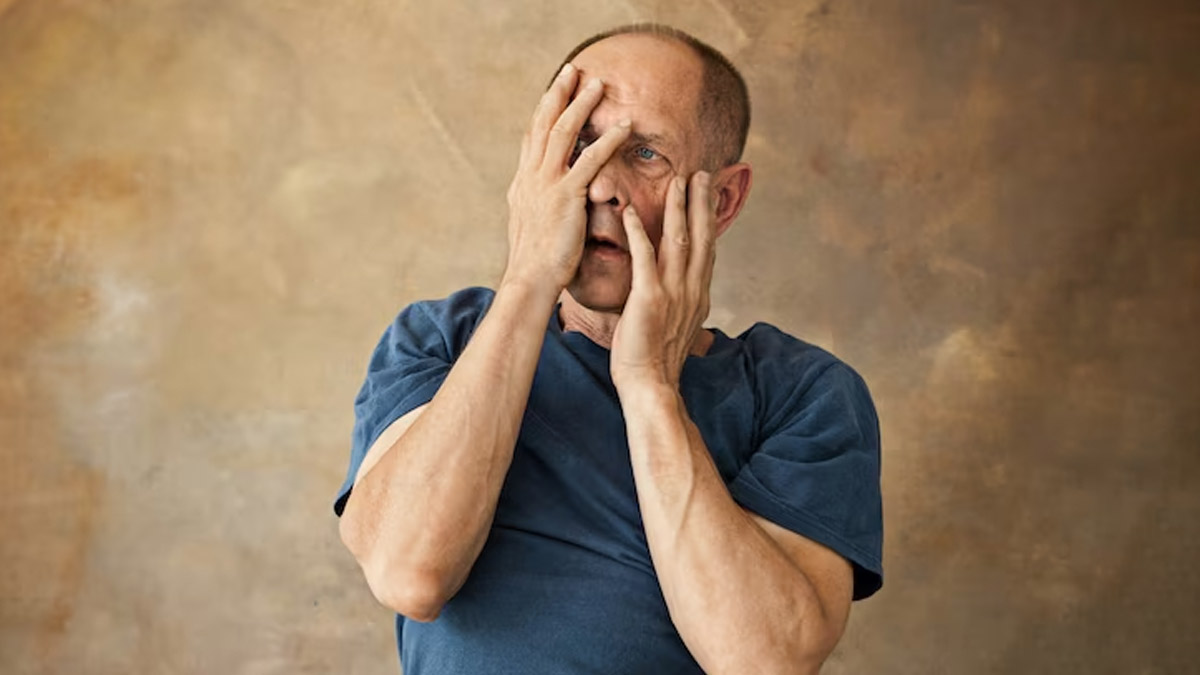
Anxiety is a common mental health concern among the elderly population in India, and it can significantly impact their overall well-being. As people age, they may experience a number of changes that can contribute to feelings of anxiety, including physical health problems, changes in social and economic status, and loss of loved ones. Until a few years ago, anxiety disorders were believed to decline with age as older patients were less likely to report psychiatric symptoms and more likely to emphasise their physical complaints. However, experts now recognize that ageing and anxiety are not mutually exclusive and are as common among the old as among the young.
Table of Content:-
Given the many stressors that often accompany old age, it's not surprising that many older adults may experience anxiety. Legitimate concerns, like outliving their resources, being victimised, or falling and breaking a bone, can become cascades of overwhelming and debilitating fears, shares Ishita Bagchi, Head-HR & Operations of Vesta Elder Care.
Why Are Anxiety Issues Rising In Older Adults
One of the leading causes of anxiety in the elderly is the fear of losing their independence. As they age, they may become increasingly frail and dependent on others for basic needs such as transportation, shopping, and medical care. It can lead to feelings of impuissance and a loss of control over their lives. Additionally, older adults may become increasingly isolated as their friends and family members pass away, which can also contribute to feelings of anxiety.
Also Read: Stress Vs. Anxiety Vs. Mood Swings: How To Differentiate Between Them

Another major cause of anxiety in the elderly is the fear of falling or other physical health problems. As the body ages, it becomes more susceptible to injury and illness, which can lead to increased anxiety about falling or becoming ill. Additionally, older adults may experience a decline in cognitive function, which can lead to feelings of confusion and disorientation.
Some of the other risk factors include:
- Alcohol, caffeine, drugs (prescription, over-the-counter, and illegal)
- A family history of anxiety disorders
- Neurodegenerative disorders (like Alzheimer's or other dementias)
- Chronic health diseases like diabetes, chronic obstructive pulmonary disease, angina and other heart condition
- Prolonged sleep problems and side-effects of medications like antidepressants, steroids, inhalers, etc.
Also Read: Early Warning Signs Of Mental Illness In Older Adults
How to manage and prevent anxiety issues in elderly
It is essential to recognize that these anxiety symptoms in the elderly are not a normal part of ageing and that effective treatment options involve medication, therapy, stress reduction, coping skills, and family or other social support. For example, cognitive-behavioural therapy and other talk therapy have effectively treated anxiety in older adults. Medications like antidepressants and anti-anxiety drugs may also be helpful for some individuals.
It is also essential for caregivers and family members to be aware of the signs of anxiety in the elderly and to provide support and encouragement. While talking to them about their anxiety problem, be calm and reassuring. Acknowledge their fears, and be supportive without supporting their anxiety. It may include providing transportation to appointments, helping with grocery shopping and other errands, and emotional support through regular visits and phone calls.

In conclusion, anxiety is a common mental health concern among the elderly population in India. Therefore, it is important for caregivers and family members to be aware of the signs of anxiety in the elderly and to provide support and encouragement. Additionally, there are effective treatment options available such as therapy and medication. With proper care, older adults can live fulfilling and anxiety-free lives.
Also watch this video
How we keep this article up to date:
We work with experts and keep a close eye on the latest in health and wellness. Whenever there is a new research or helpful information, we update our articles with accurate and useful advice.
Current Version